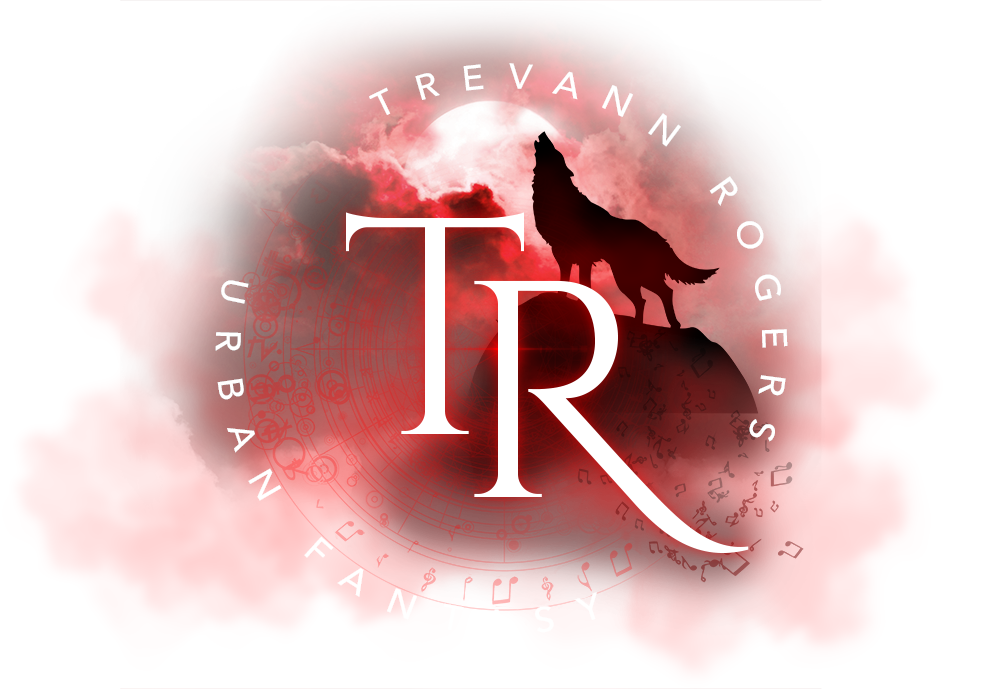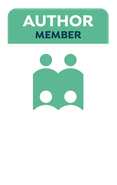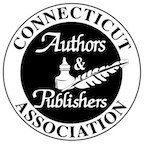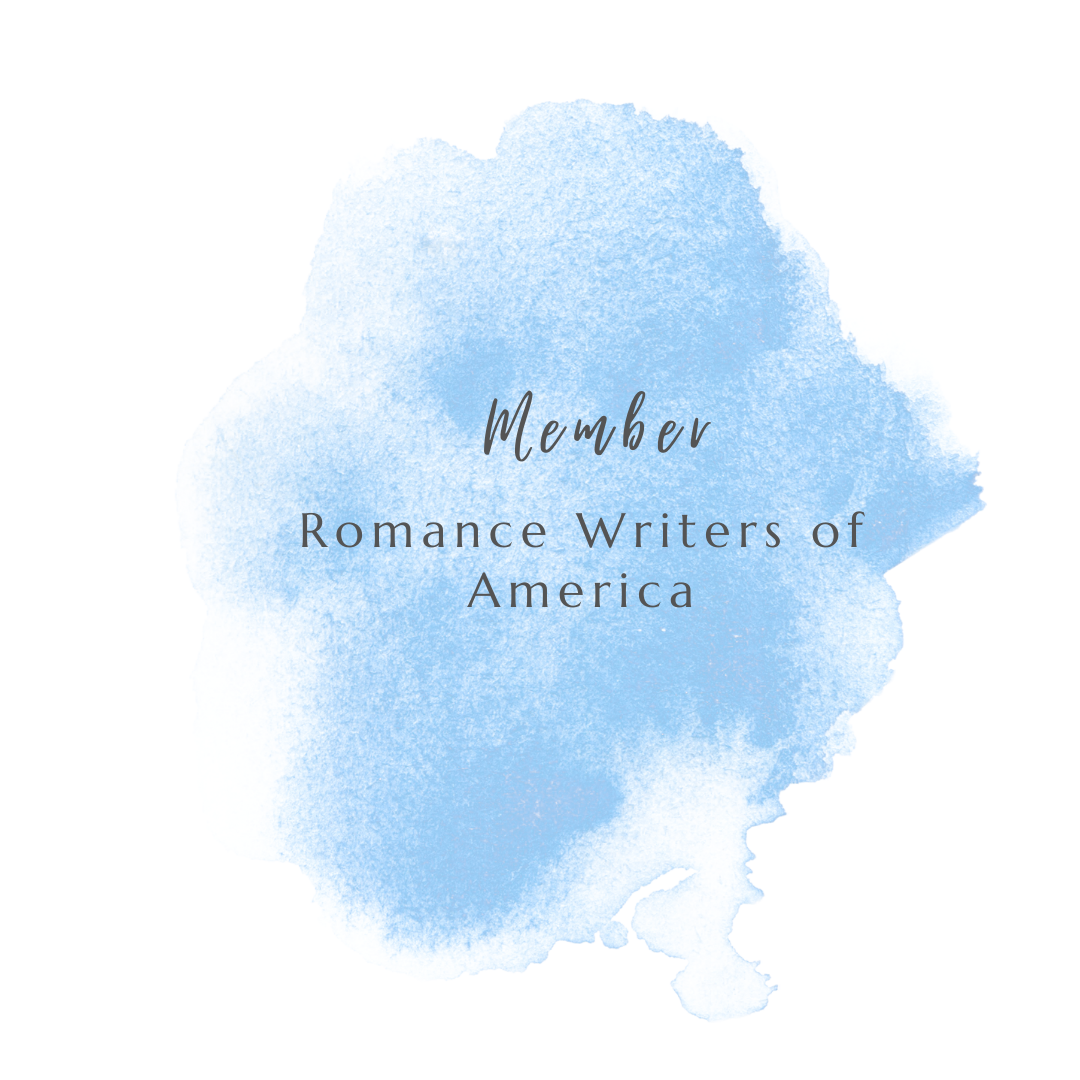Writing Through the Pain
I’ve just come through a very difficult period of writer’s block. I’ve not experienced anything like it before.
I was at a pivotal point in the story where my main character experiences something very painful. The kind of emotional agony that brings up every other anguish you’ve experienced in your life. Soul-wrenching. But something was in my way.
My writing process begins with me seeing the scene. I know this sounds weird, but my story comes to me like clips from a movie. No, I’m not saying that the story writes itself or that my characters are in charge or anything like that. But my imagination unfolds the story before my eyes, so to speak.
For this part of the story, the scene was blank, as if the reel of film had run out.
I tried to force the issue. Sitting at my computer for hours and hours, staring at the screen. Reading the thousands of words already written and then reading them again. I realized that I had to step away for a while, so I put it away for a few days.
Instead of coming straight back to it, I decided to plot it out. I opened up a rarely used program and I loaded it with pictures. Then I asked a few questions and wrote down the answers. What was the hero’s goal? What needed to happen and was it compatible with his goal? What was the conflict? The outcomes of the conflict and the reactions to it?
As I considered these questions, the story began to unfold. Suddenly, there they were, the plot point and the pain. As painful as this scene was to be for my character, I needed to find my connection to his pain. I cried as I wrote it. I cry every time I re-read it.
I excited to see what happens next.







